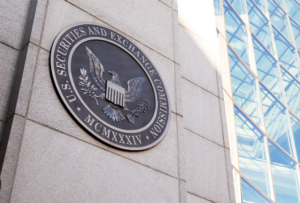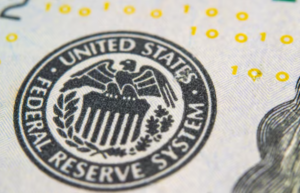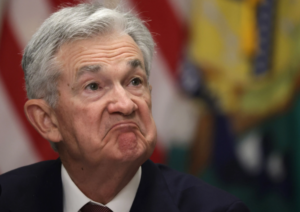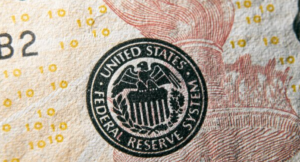$SPY $DXY $XLF
#Trump #Economy #Regulations #Finance #StockMarket #Investing #FederalReserve #Inflation #WallStreet #USMarkets #FinancialNews #Policy
Vincent Mortier, the Chief Investment Officer of Amundi, has raised concerns over former U.S. President Donald Trump’s proposal to roll back regulatory oversight, calling it a significant risk to financial stability. The move, which is aimed at reducing bureaucratic oversight on financial markets and banks, could have unintended consequences that undermine investor confidence and the long-term resilience of the U.S. economy. According to Mortier, deregulation at this scale could make markets more vulnerable to financial shocks and weaken the checks and balances that have been put in place since the 2008 financial crisis. Investors are already facing high levels of uncertainty stemming from geopolitical risks, inflation concerns, and Federal Reserve policy decisions, and further regulatory rollback could introduce new risk factors that limit capital inflows and market stability.
One of the key concerns for financial institutions and investors is the potential impact on the banking sector and broader financial markets. Easing regulations could lead to riskier lending practices, heightened volatility, and a greater probability of financial mismanagement. The 2008 crisis demonstrated the dangers of excessive deregulation, and some market participants fear that reversing key reforms—such as capital requirements and stress testing for banks—could create vulnerabilities that put the economy at risk. Banks and financial institutions, represented in indices such as the Financial Select Sector SPDR Fund ($XLF), could experience short-term boosts in profitability if regulations are relaxed, but in the absence of proper safeguards, this could lead to long-term instability. Investors may also become more cautious about holding financial stocks if they perceive an increased risk of systemic fragility.
Additionally, deregulation could have broader implications for the U.S. dollar ($DXY) and global investor sentiment. A lack of strong regulatory oversight could shake confidence in the financial integrity of U.S. markets, prompting foreign investors to seek safer assets elsewhere. In an environment where central banks worldwide are already grappling with inflation and monetary policy uncertainties, any signs of weakened financial oversight in the world’s largest economy could further exacerbate volatility in currency markets and lead to an erosion of the dollar’s strength. If deregulation results in financial instability, the Federal Reserve may be forced to intervene more aggressively in the future, potentially disrupting its plans to control inflation while maintaining economic growth. This could place additional downward pressure on financial markets, leading to sharp corrections or increased capital outflows.
Proponents of Trump’s deregulatory measures argue that reducing oversight can enhance economic competitiveness and drive higher economic growth by allowing businesses and financial institutions more flexibility. However, historical evidence suggests that excessive deregulation tends to favor short-term speculative behavior at the cost of long-term stability. The balance between maintaining efficient markets and ensuring sufficient regulatory safeguards has always been a critical challenge in U.S. financial policy. If investors perceive that key safeguards are being dismantled too rapidly, market reactions could be swift and severe. For now, financial markets will be closely monitoring any policy announcements related to deregulation, as any significant shifts could impact market sentiment, risk appetite, and capital movement across various asset classes, including stocks, bonds, and foreign exchange markets.







Comments are closed.